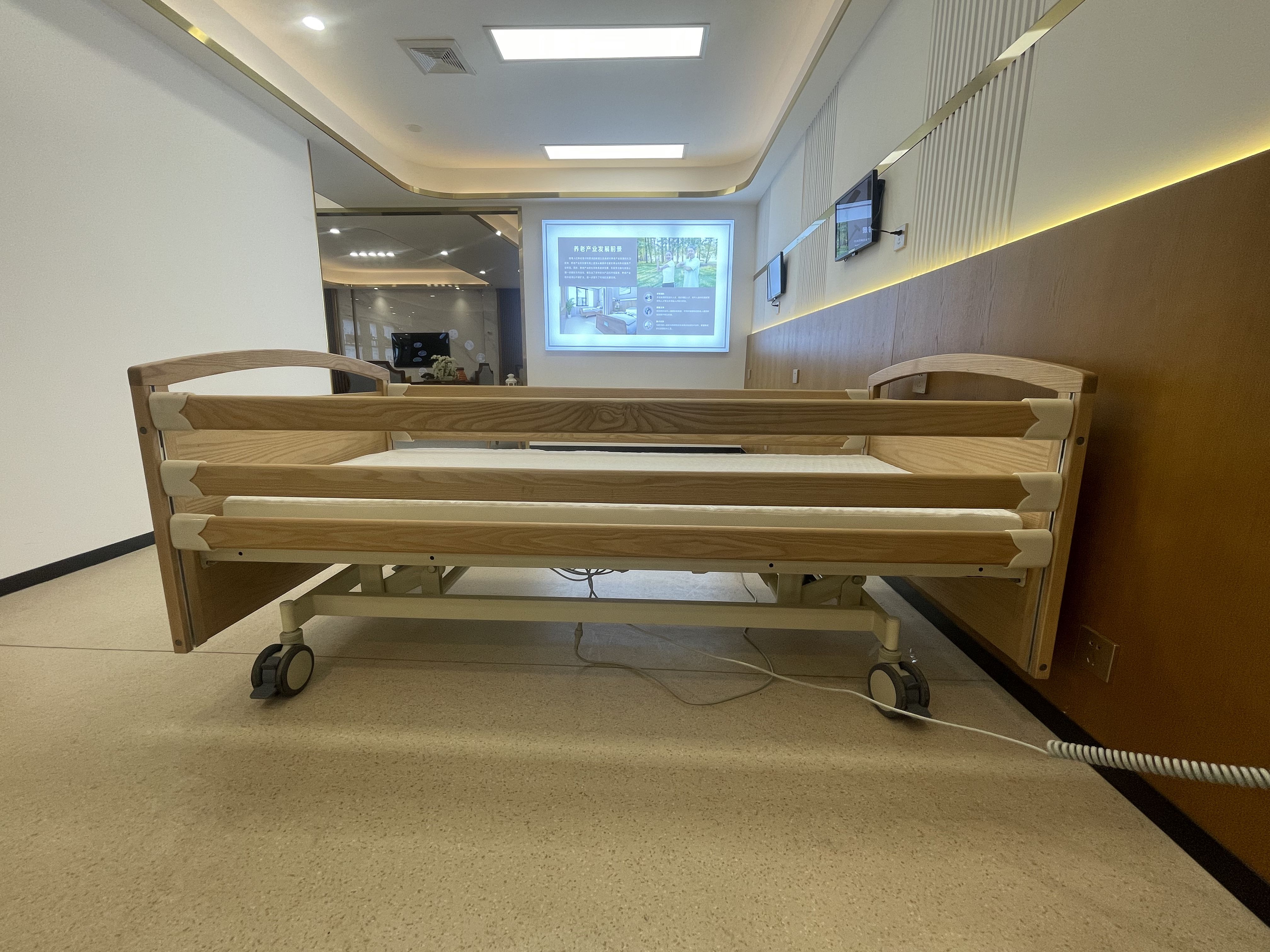Safe Transition from Hospital to Home: How Home Care Supports Recovery
Returning home from the hospital or rehabilitation center is a relief—it’s great to be back in a familiar environment. However, this transition is more than just moving locations; it involves adjusting to a new daily routine, managing health conditions, and possibly coping with new limitations in mobility.
A smooth transition reduces the risk of complications, prevents rehospitalization, and accelerates recovery. Ideally, patients should start planning for their return home even before hospitalization.
How Home Care Supports the Recovery Process
Home care services play a vital role in supplementing medical care during recovery. Key functions include:
Assistance with Daily Living Activities: Helping with bathing, dressing, cooking, and cleaning to ensure safety and meet basic care needs, especially crucial for patients with chronic illnesses.
Medication Management and Monitoring: Ensuring medications are taken correctly and on schedule, helping prevent adverse reactions. This is particularly important for elderly patients with chronic conditions such as diabetes and heart disease.
Exercise and Rehabilitation Support: Assisting patients in adhering to physical therapy routines and scheduling therapist visits.
Companionship and Emotional Support: Reducing feelings of loneliness, fostering a positive home atmosphere that benefits emotional and mental health.
Communication and Coordination with Healthcare Providers: Reporting changes in the patient’s condition, including side effects, mood changes, or pain, helping doctors adjust treatment plans accordingly.
How Home Care Works with Other Medical Services
Home care complements other healthcare services seniors may need:
Home Health Care Services: Clinical nursing care including medication administration, wound care, and health assessments.
Home Hospital Programs: For patients requiring advanced medical equipment and specialized care at home.
Hospice Care: Comprehensive support from nurses, social workers, and counselors for end-of-life care.
In all cases, home care aides provide non-medical support such as household chores, companionship, emotional encouragement, and transportation to medical appointments if part of the care plan.
The Essential Role of Home Care in Recovery Plans
Including home care in post-discharge recovery plans offers both practical assistance and emotional support, enhancing the effectiveness of ongoing medical care. By creating a safe and supportive environment, home care helps seniors regain independence and confidence at home.
If you or your loved one is planning to return home after hospitalization, consider incorporating professional home care services to ensure a smoother and safer recovery transition.





